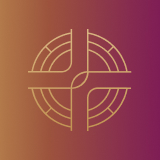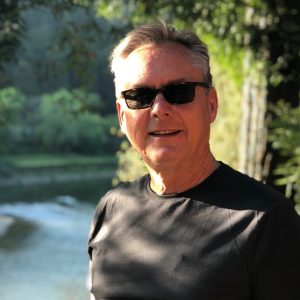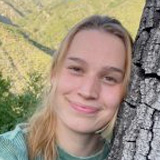Welcome Back
If you are a Program Participant, Program Facilitator, or JustFaith Network Member you are in the right place! Log in to see all your content.
Forgot your password?What our program participants are saying

Before I took the Sacred Water course, I didn't realize how much I take water, and in particular clean water, for granted. The course really opened my eyes to the blessing I have and I will never take it for granted again.

The Engaging Spirituality sessions have been of tremendous value to me. The materials are rich, and the conversations with my classmates have been deep and meaningful. It has strengthened my prayer life and changed the way I see my relationship with God, others and the world.

Sacred Water inspired me to see the protection of our watersheds as a spiritual practice. The contemplative aspects of the class allowed me to confront difficult environmental issues out of compassion, rather than from a place of fear. This workshop integrates social justice, faith, science, and the importance of community as tools for healing our earth. I learned so much from my group members, discovering new ways to advocate for our watersheds and the people who depend on them.
